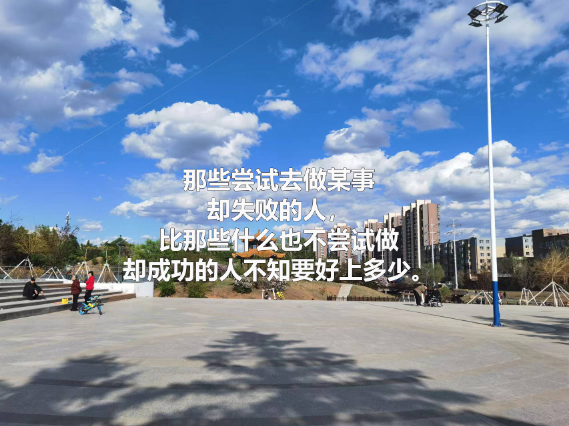华慧考博-英语语法中几种英语单词词尾加 “s” 不同变化
华慧考博-英语语法中几种英语单词词尾加 “s” 不同变化
并不是所有英语名词加上s之后就一定是指复数形式哦,也不是所有动词后面加上s后是指这个动词的第三人称单数哦。
一、有些规则名词变复数的方式是加 “s”, 使其变为复数,单复数均指同一类事物。
如:“book” 的复数 “books”;“computer” 的复数“computers”等等,这类名词变复数的形式最为熟悉,本文仅稍加提及。
二、有些单词加 “s” 后,并非原词复数,虽然两词所指的事物不同,但彼此有关联。
如:wood(n.木料;木材;木柴)
例:Their dishes were made of wood. 他们的盘子是用木头制成的。
→ woods(n. 树林;林地)
例:After dinner Alice slipped away for a walk in the woods with Artie.
晚饭后,艾丽斯悄悄溜到树林里与阿迪散步。
如: time (n. 时间;时间点)
例:The changing seasons mark the passing of time. 寒来暑往,斗转星移。
→ times(n. 某事发生的次数)
例:He knocked three times and waited.
他敲了三下门就等着。
如: paper(n. 纸张;论文)
例: Experience is more important for this job than paper qualifications 就这项工作而言,经验比纸面上的资格重要。
→ papers(n. 资料;身份证件)
例:A young Moroccan stopped by police refused to show his papers.
一个被警察拦住的摩洛哥青年拒绝出示他的身份证件。
如:glass (n. 玻璃)
例:Glass contracts as it cools. 玻璃遇冷收缩。
→ glasses(n. 眼镜)
例: She's too vain to wear glasses.
她太爱虚荣,不肯戴眼镜。
如:work (n. 工作)
例:Police work is mainly routine. 警察的工作主要都是按常规的
→ works(n. 著作)
例:She’s an artist whose work I really admire. 她这位艺术家的作品令我赞赏不已。
如:water (n. 水)
例:Get me a glass of water. 给我一杯水。
→ waters(n. 海域; (尤指) 领海)
例: The ship will remain outside Chinese territorial waters.
这艘船将继续停留在中国领海之外。
如:people (n. 人们)
例:Millions of people have lost their homes. 数百万人失去了家园。
→ peoples(n. 人民)
例:There are frequent contacts between the peoples of the two countries.
两国人民之间交往频繁。
如:green(n. 绿色;草绿色)
例:The room was decorated in a combination of greens and blues. 这房间是把不同的绿色和蓝色搭配起来装饰的。
→ greens(绿色蔬菜;绿叶蔬菜)
例:Eat up your greens. 把你那份青菜都吃了吧。
三、有一些名词在其末尾加 “s” 后,会改变词义,与原词所指的事物和使用的语境均无关,变成新词。
如: mean (n. 中间;中庸;折中;平均数)
→ means(n. 方式;方法;途径;财富;钱财)
例:Television is an effective means of communication. 电视是一种有效的通信手段。
例:People should pay according to their means. 人们应该按照各自的负担能力来消费。
如:premise (n. 前提;假定)
→ premises(n. 经营场所;办公场所)
例:There is a kitchen on the premises. 营业场所内有一个厨房。
如:good(n. 合乎道德的行为)
→ goods(n. 商品;货品)
例:Prices are marked on the goods. 价格标在商品上。
如:custom (n. 风俗)
→ customs(n. 海关;关税)
例:He walked through customs. 他步行通过了海关。
如:blue(n. 蓝色)
→ blues (n. 忧郁;蓝调—源于美国南部黑人,节奏感强、缓慢忧郁)
例:Scientists have discovered a cure for the dreaded Monday morning blues —stop sleeping in on weekends.
科学家发现一种恐惧星期一早上的焦虑症的治疗方法——停止在周末睡懒觉。
例:Can white girls sing the blues? 白人女孩会唱蓝调吗?
如:arm(n. 手臂)
例:She threw her arms around his neck. 她张开双臂搂住他的脖子。
→ arms(n. 兵器;武器)
例:Police officers in the UK do not usually carry arms. 英国警察通常不携带武器。
更多考博经验以及考博真题请大家关注华慧考博:www.hhkaobo.com 全国专业考博英语辅导机构。及时为大家更新全国各大院校博士招生简章,收集完善各院校考博英语真题、考博专业课真题等重要考博讯息。专业考博英语辅导团队精心为您打造考博英语复习计划,助力广大考生顺利登岸!





